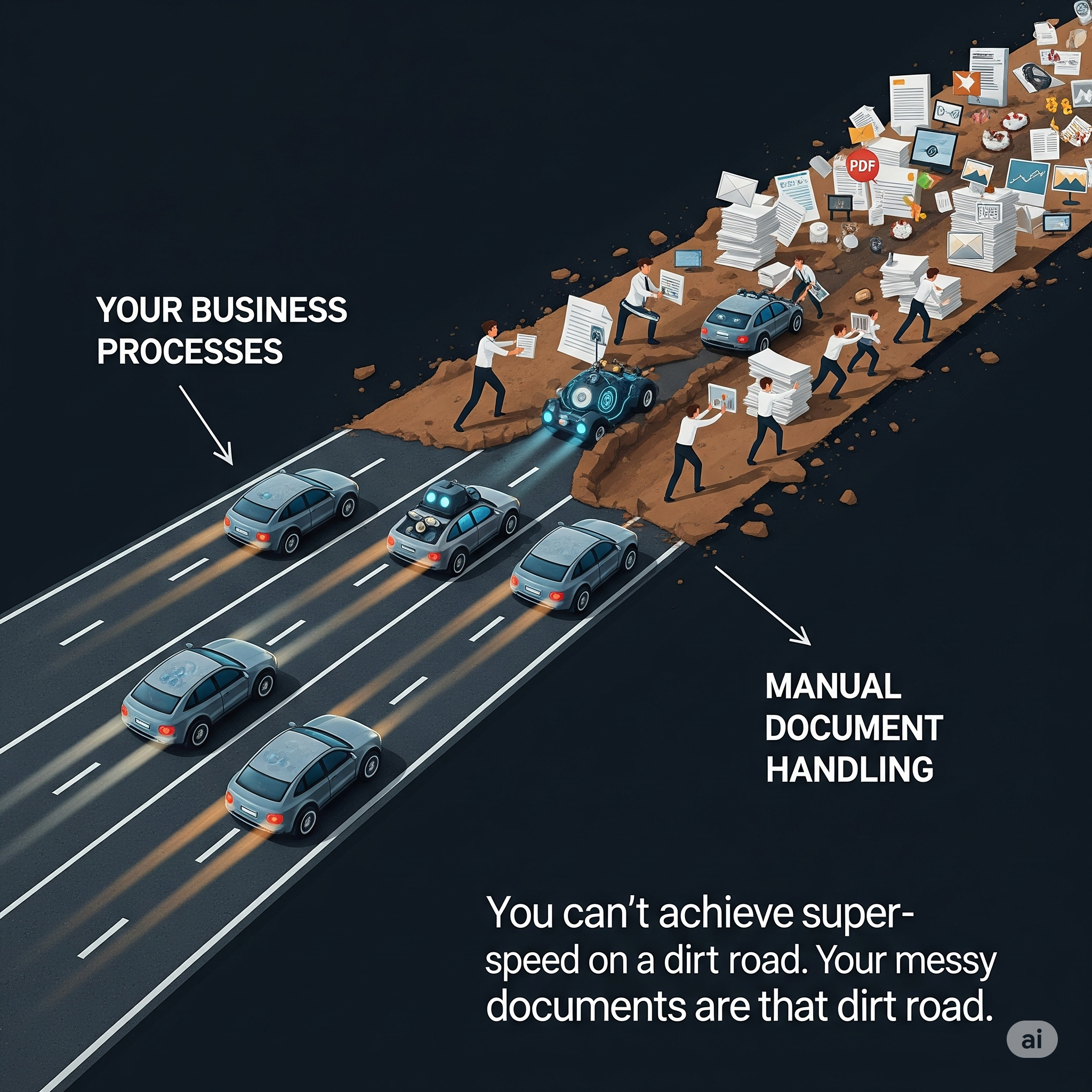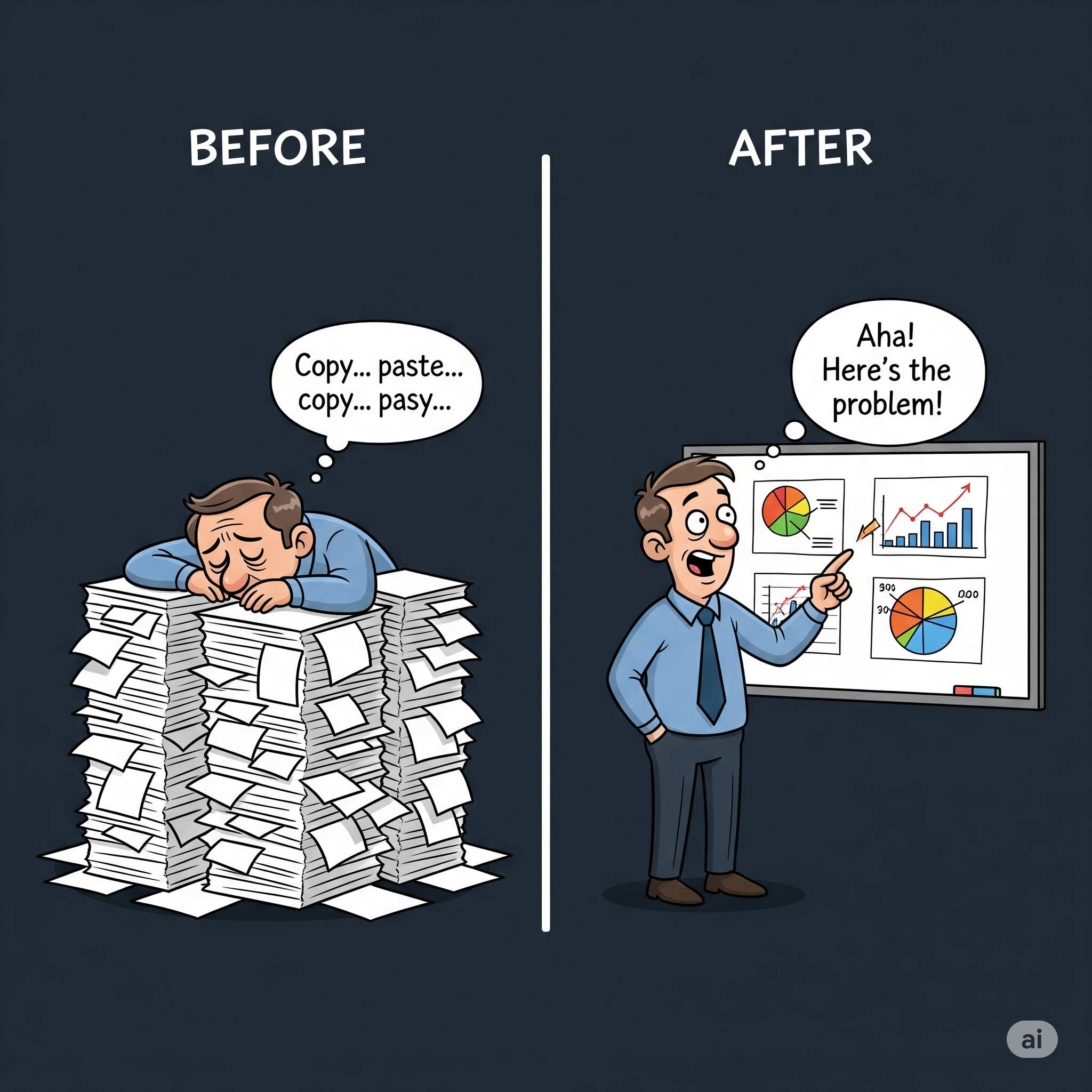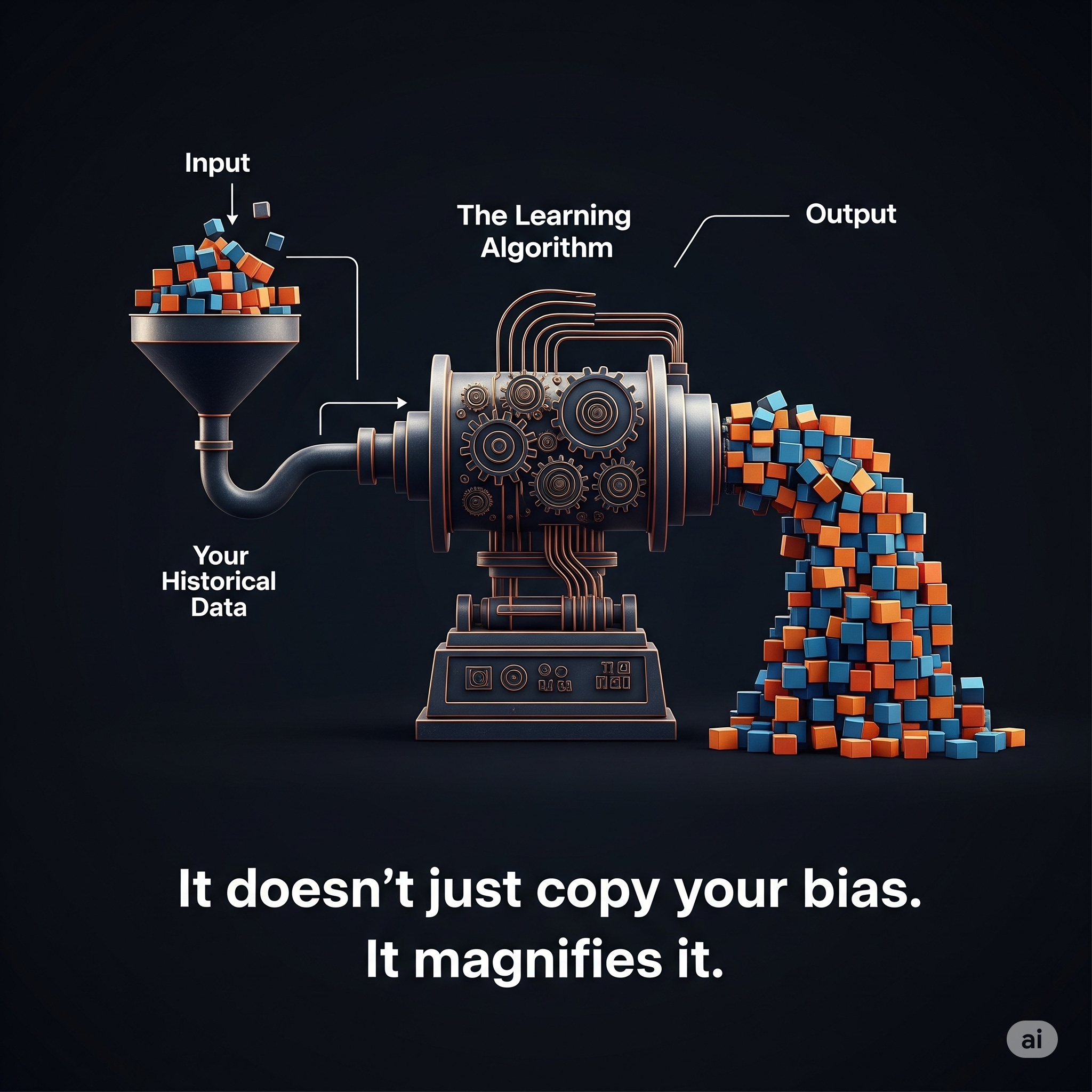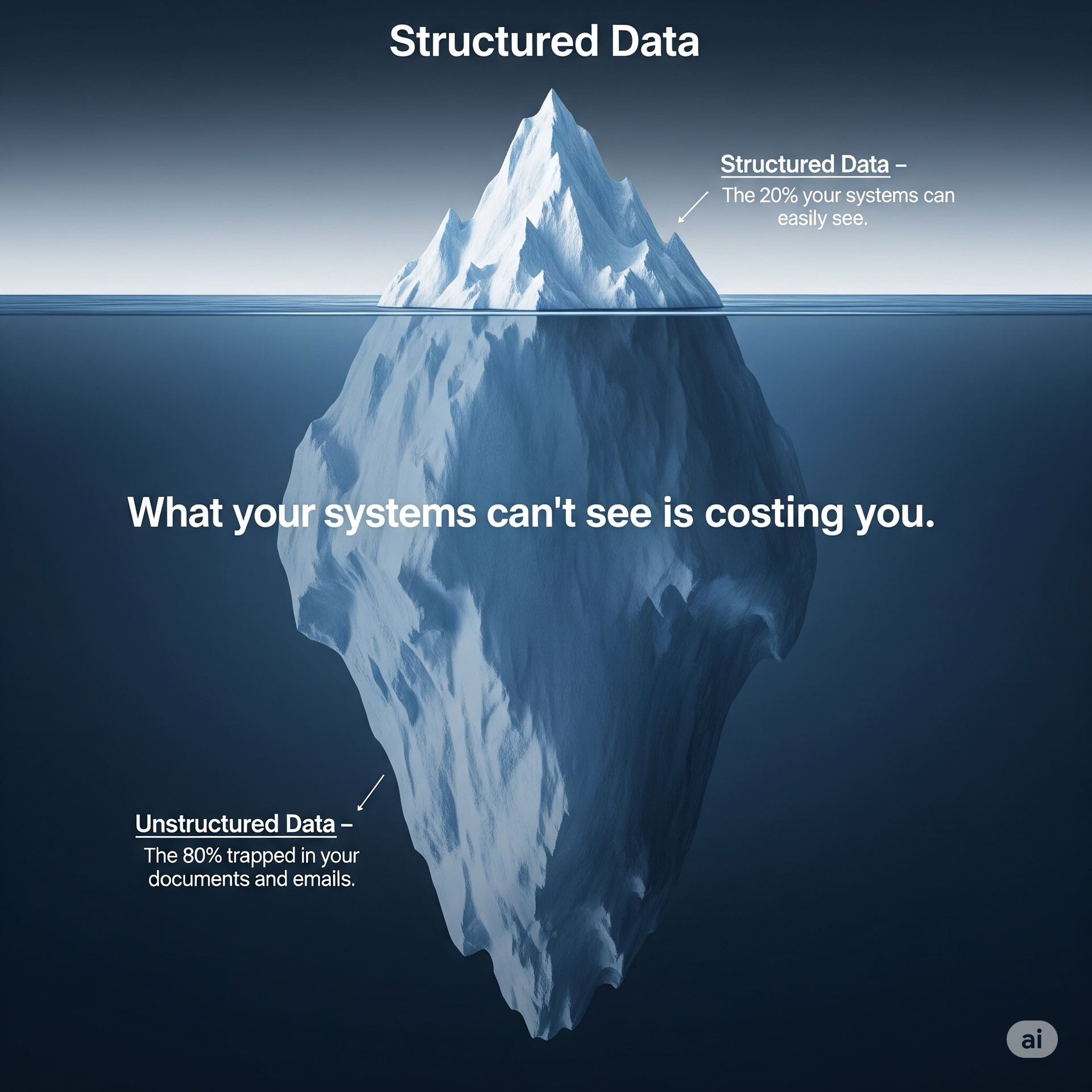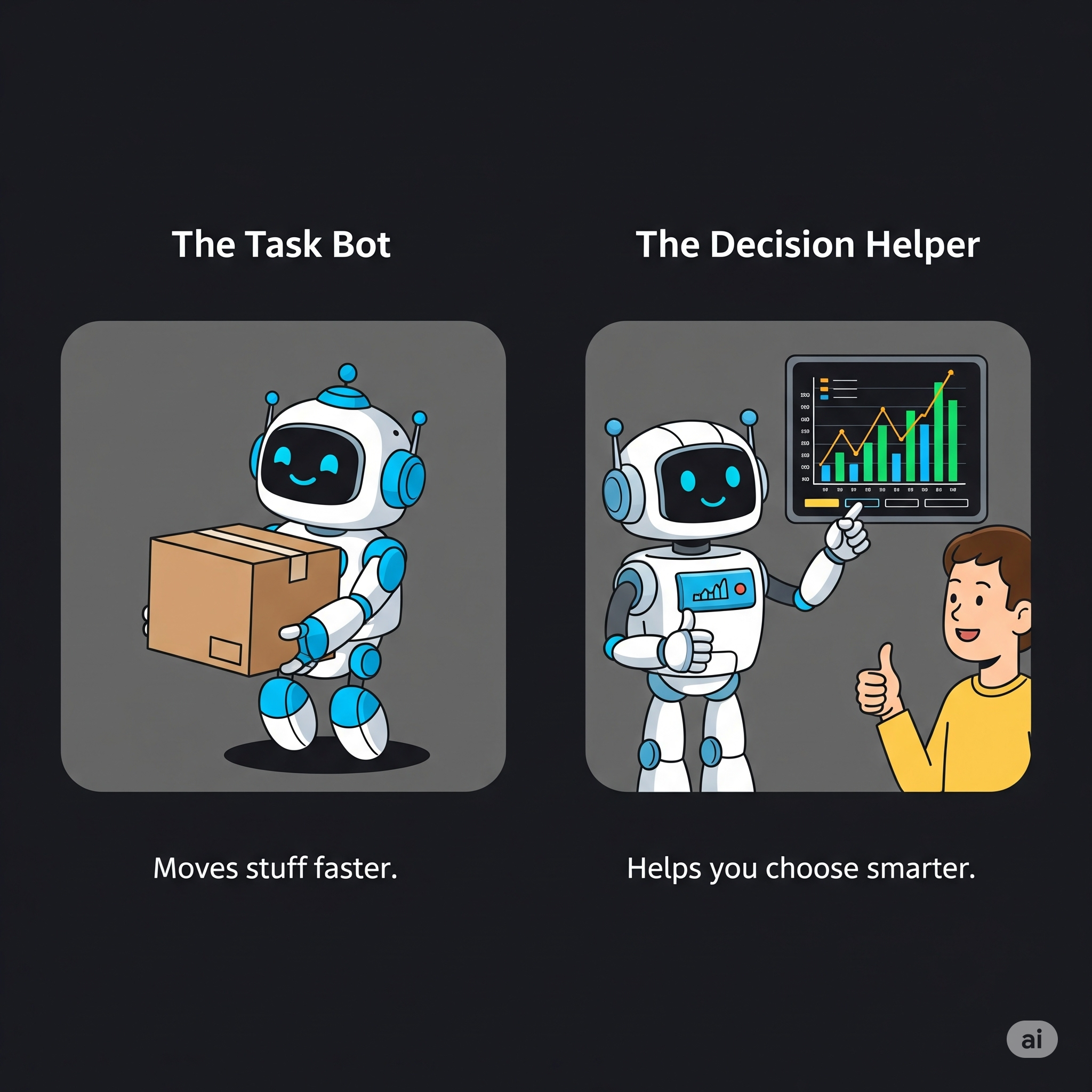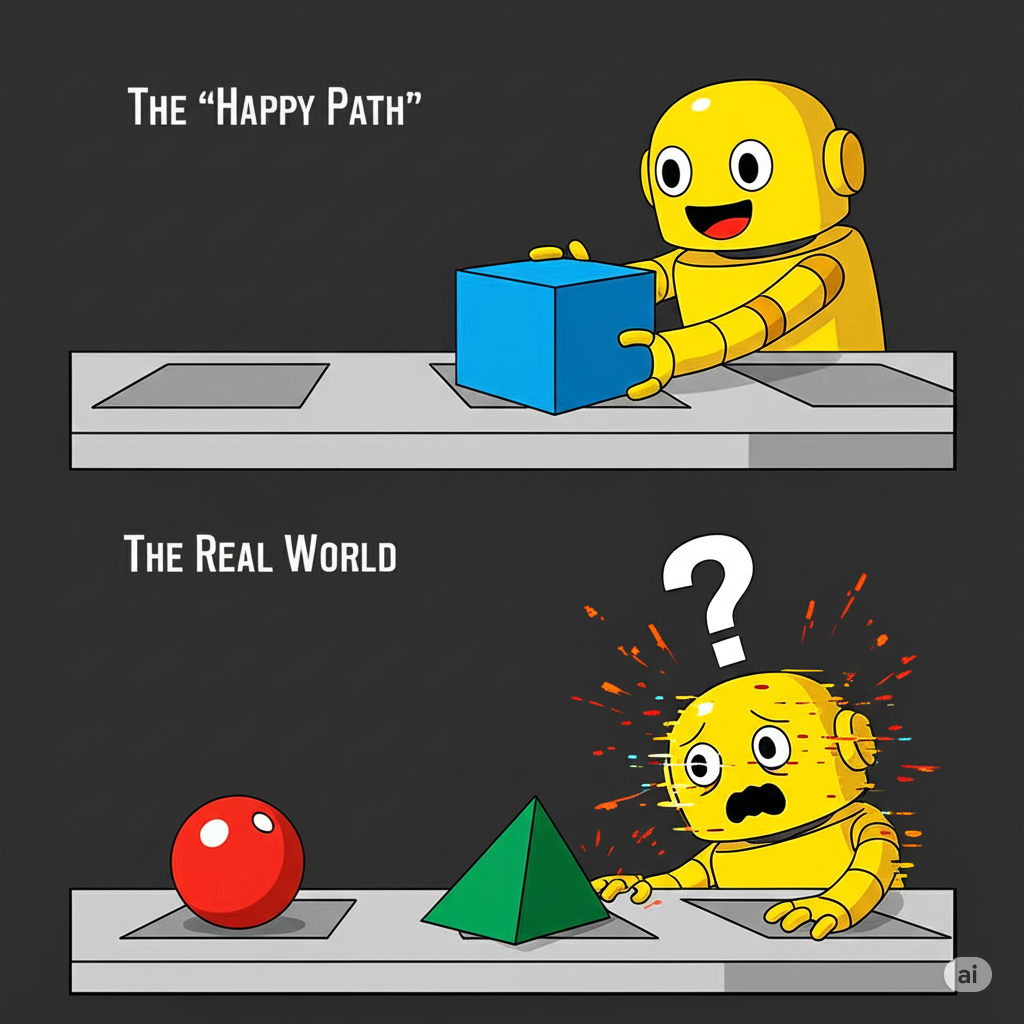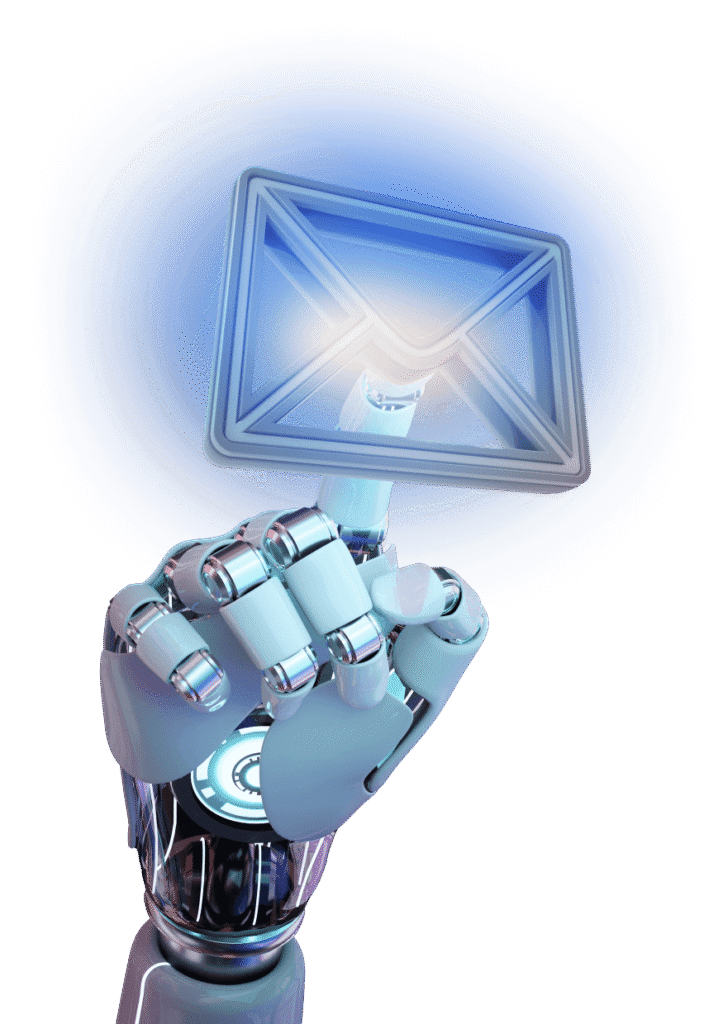For years, we’ve heard the same scary story: automation is coming to take all our jobs. But the more I see how this technology actually works in the real world, the more I think we’ve been telling the wrong story.
Smart technology isn’t coming for your job. It’s coming for the most boring, repetitive, mind-numbing parts of your job.
Think about it. For the last hundred years, work has been all about following a process. We were trained to be expert rule-followers, cogs in a machine. The person who could perform the same five steps over and over without making a mistake was a star employee.
That era is over. Software can now do those repetitive tasks flawlessly, and frankly, we should be happy about that. Because it’s freeing us up to do the work we were meant to do: the thinking, the problem-solving, the creating, and the connecting. The future of work isn’t about doing; it’s about deciding.
Your New Job Title is “Professional Problem-Solver”
This isn’t just theory. I’m seeing jobs change right now, and almost always for the better. The scary idea of “job replacement” is really “job redefinition.”
Let’s take a couple of real-world examples:
- The Accounts Payable Clerk: The old job was spending all day, every day, typing data from invoices into a computer. It was a digital assembly line. The new job? The software reads and processes 95% of the invoices automatically. The clerk is now a “Financial Detective.” They spend their time investigating the 5% of weird invoices, figuring out why there’s a problem, analyzing spending patterns, and finding new ways to save the company money.
- The Customer Service Agent: The old job was answering the same ten questions over and over, following a strict script. The new job? Bots handle the simple questions like “Where’s my order?”. The human agent is now a “Client Hero.” They spend their time on complex, emotional problems that require real empathy and creative solutions. They’re empowered to actually help people, not just read from a screen.
In both cases, the job got less robotic and a lot more human. The work became more interesting and more valuable.
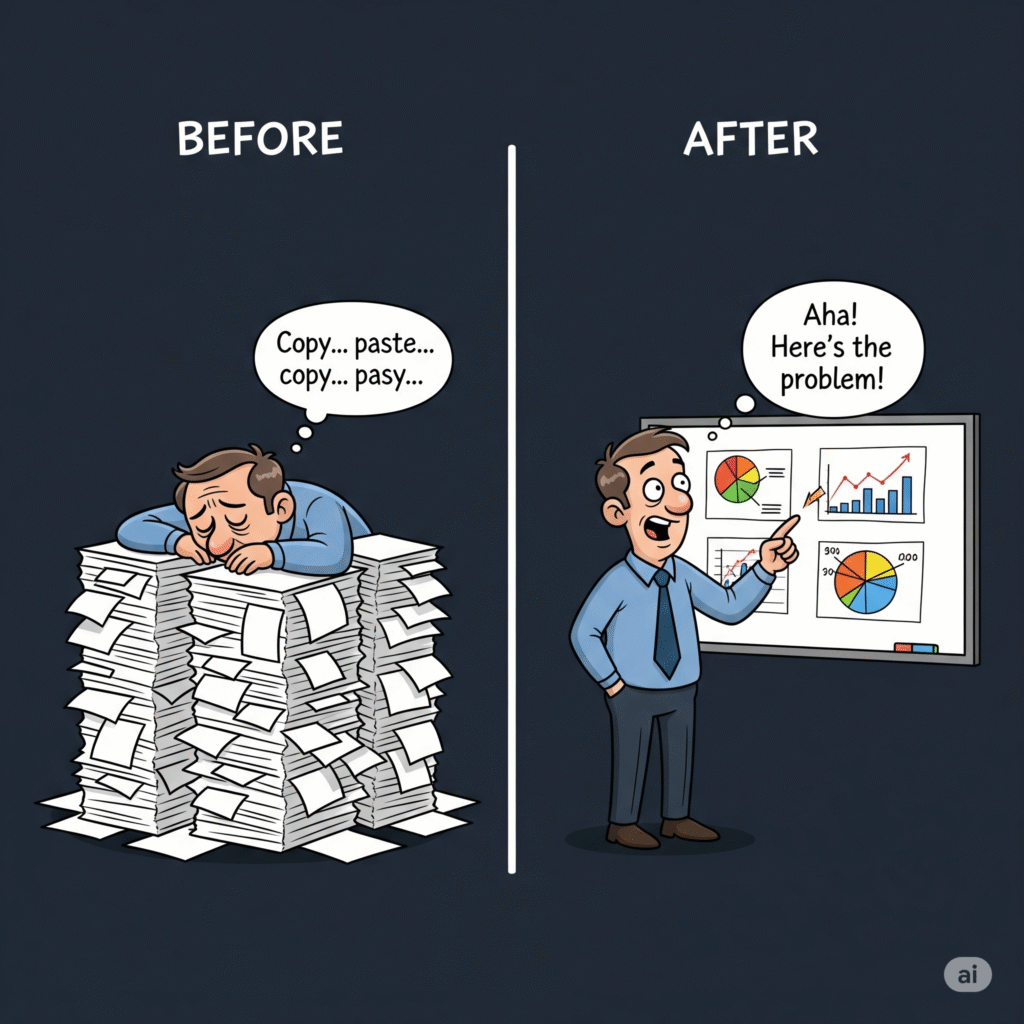
The Skills You’ll Actually Need
If jobs are changing this much, the skills we need are changing, too. The good news is that the most important skills for the future are the ones we already have as humans. We just need to dust them off.
- Be the Detective: The tech will give you the “what.” Your job is to ask “why?” It’s about thinking critically, spotting when the tech might be wrong, and connecting the dots to see the big picture.
- Be the Human: The one thing machines are terrible at is genuine connection. The ability to listen, to show empathy, and to collaborate with a team to solve a tough problem is becoming more valuable than ever.
- Be the Learner: The world is going to keep changing. The most important skill is being curious and not being afraid to learn new things. You don’t need to learn to code, but you do need to be willing to learn how to work with new tools.
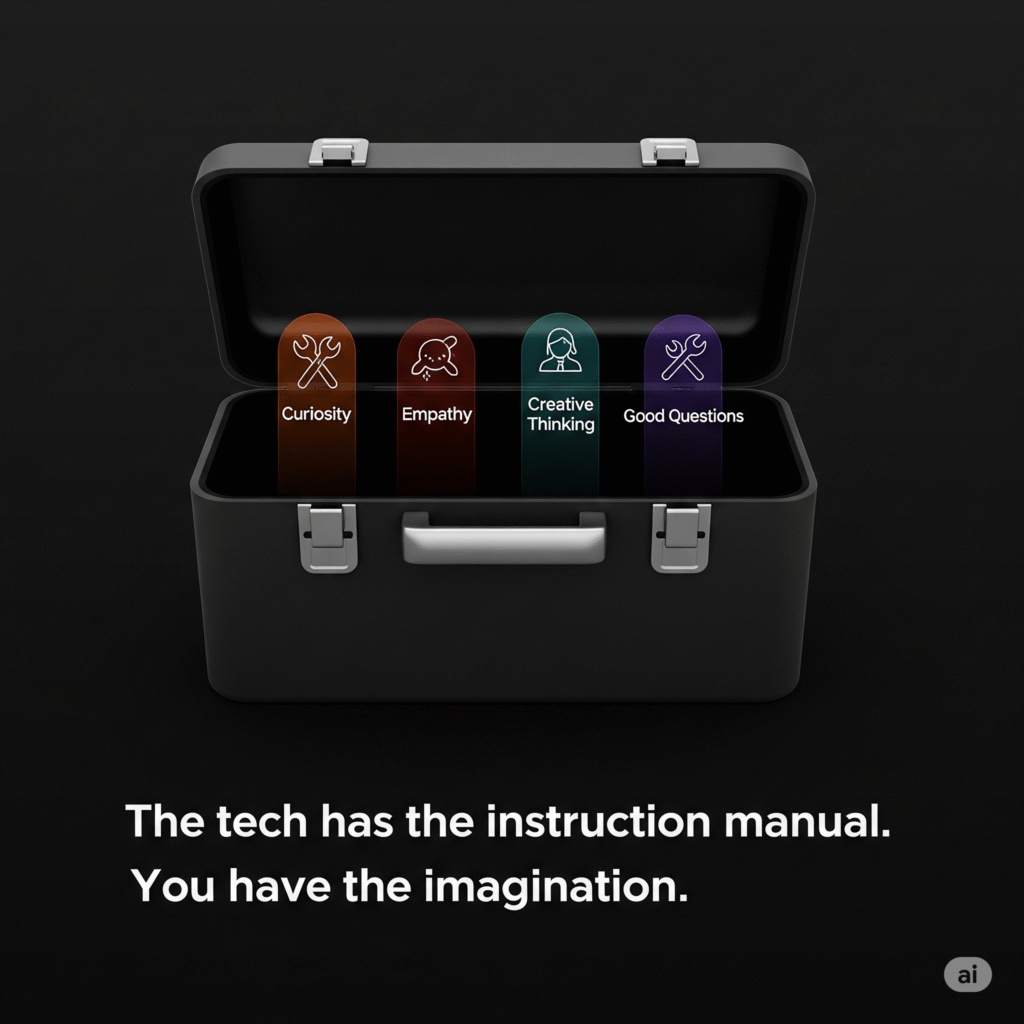
How to Lead People Through This (Without a Panic)
If you’re a manager, this change can feel scary for your team. It’s your job to lead them through it.
First, tell them a better story. Be honest that things are changing, but frame it as an upgrade—a chance to get rid of the boring work and focus on more interesting challenges.
Next, ask for their help. Don’t design the new process in a secret meeting. Involve your team. They’re the ones doing the work, and they’ll have the best ideas on how to improve it.
Finally, you have to actually help them learn. You can’t just tell people to get new skills. Give them the time, the resources, and the training they need to grow.
Is It Working? Ask Your People.
In the past, we measured success by how many “tasks per hour” someone could do. That’s the wrong scoreboard now.
The new way to measure success is to check on your people. Are they happier? Do they seem more engaged? Are your best people sticking around longer? Are they coming up with better ideas?
If the answer to those questions is yes, then your automation is working exactly as it should.
This shift is a huge opportunity. As automation takes care of the predictable, it leaves a perfectly human-shaped space in our companies for creativity, judgment, and connection. We have the chance to make our jobs not just more productive, but more fulfilling. We just have to be brave enough to embrace it.


